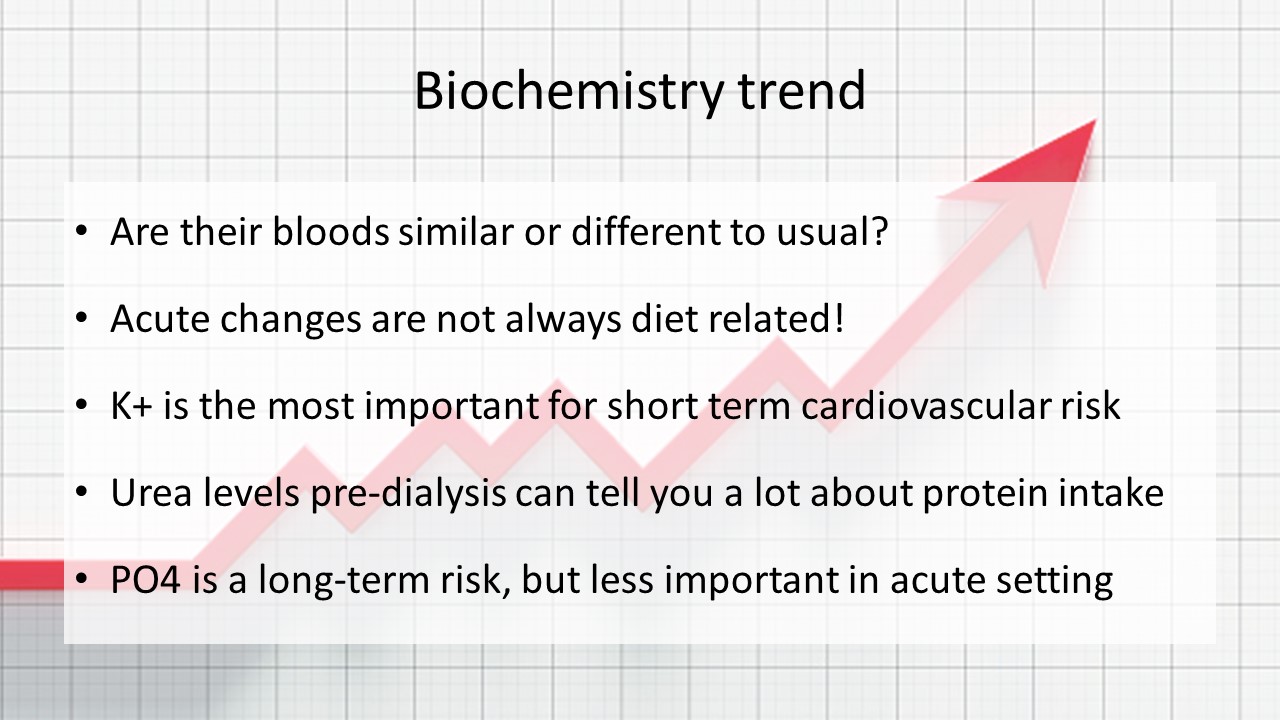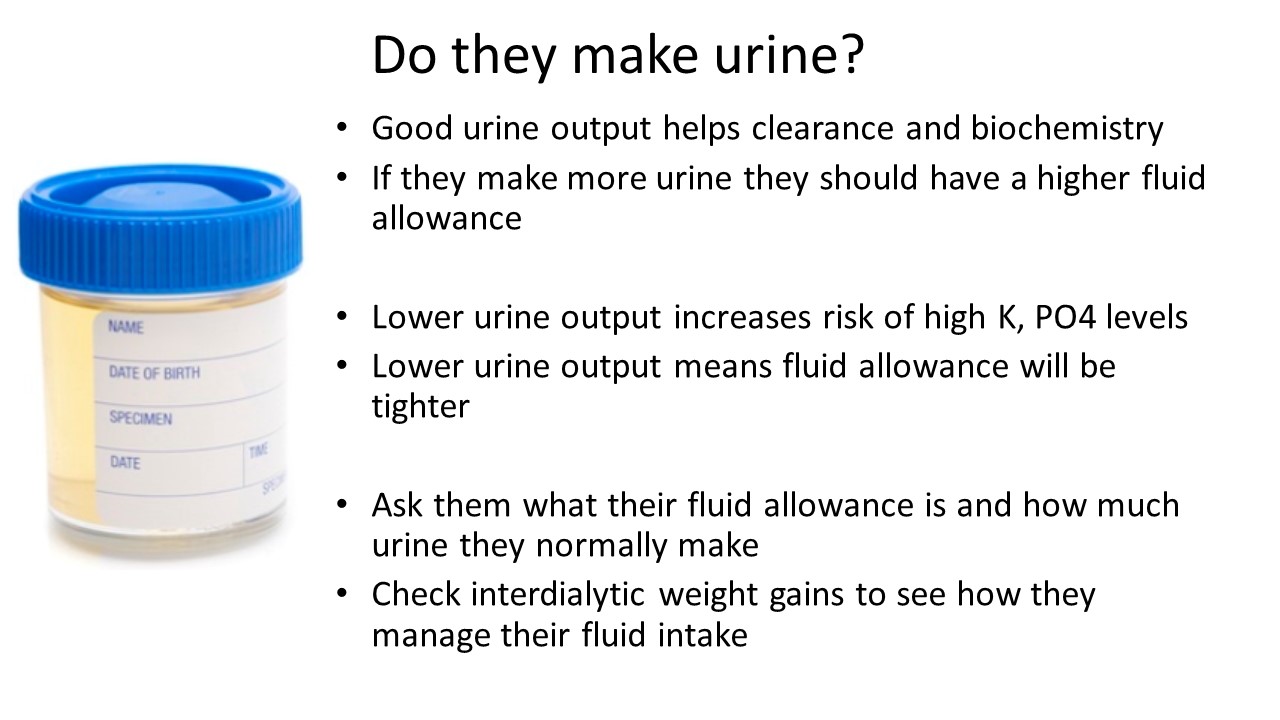Haemodialysis and peritoneal dialysis by Anthony Mead, Advanced Renal Dietitian
 Anthea Talliopoulos, APD
Anthea Talliopoulos, APD
With dietitians who are not specialists in renal nutrition in mind, Advanced Renal Dietitian Anthony Meade explains the fundamental concepts of haemodialysis and peritoneal dialysis and why we don’t need to panic when a client who has dialysis is referred to us.
Renal nutrition can be a complex area to navigate, especially when considering dialysis and often multiple presenting comorbidities amongst individuals. The dietary management of patients on dialysis has taken a shift in more recent years to be more patient-centered, with less of a focus on overly restrictive food avoidance.
Anthony talks through the differences between haemodialysis and peritoneal dialysis, discussing how to interpret biochemical trends, as well as the impact of presenting clinical issues and common nutritional scenarios amongst this patient group. He discusses that in assessing patients on any form of dialysis, it is key to consider the frequency of the dialysis, individual urine output and biochemical trends. Urine output should be discussed as this will impact on fluid requirements, fluid restrictions, as well the elimination of potassium, phosphate and urea, and thus the extent of dietary liberalisation or restriction.
When thinking through potassium requirements, Anthony explains the haemodialysis bath concentration should be considered, with K1 baths (most concentrated) often resulting in increased risk of hyperkalemia and hence dietary restriction. On the other hand, in peritoneal dialysis, the dialysate concentration should be considered, with the lowest dialysate concentration (such as 1.5%) being associated with a reduced risk of elevated potassium. However, it is important to note that elevated potassium is less likely in peritoneal dialysis when compared to haemodialysis, and constipation is a likely scenario which needs to be taken into account (due to the the impact of the dialysate around the peritoneum). When considering biochemical markers, it is crucial to observe the overall trend, any sudden changes are not usually dietary related.
As with any patient group, it is key to optimise the nutritional status of patients on dialysis, and oral nutrition support may be warranted if the current dietary intake is inadequate. The recommendation of any dietary restriction needs to be thoroughly justified. Working with the medical and nursing teams, as well as with the individual (such as in dialysis units, the patient’s home environment or via Telehealth) is fundamental in proving patient-centered care.
Summary:
- Providing patient-centered care to individuals on dialysis is key and undertaking a thorough assessment can reduce the risk of unnecessary food restriction or avoidance.
- The frequency of dialysis, urine output (and associated fluid restriction) and biochemical trends should be considered. With reduced urine output, elevated potassium, urea and phosphate are more likely. Low urea can indicate low protein intake, although this should be considered alongside urine output and on a case-by-case basis.
- Hyperkalaemia is more likely concern in haemodialysis (depending on the bath used), while constipation and peritonitis are concerns in peritoneal dialysis.
- Optimising nutritional status should be a main priority, and if food intake in inadequate, encouraging further dietary restriction can increase the risk of malnutrition.
Anthony Meade is an Advanced Renal Dietitian practising at Central Northern Adelaide Renal and Transplantation Service, based at Royal Adelaide Hospital, SA. Anthony is passionate about individualised, patient-centred care and making renal nutrition easier for people with kidney disease, their families and the clinicians caring for them. Anthony has a broad experience of all areas of renal nutrition and is an experienced clinical educator and convenor of the Renal Nutrition Program.
To register for the presentation and associated documents including the assessment quiz click here

